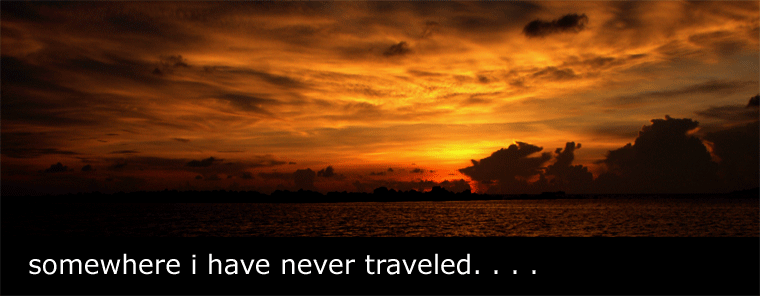The Problem with Us
I wonder if what you told me tonight was true: that the problem with people like us is that we really don’t know how to be loved. Or perhaps that we are afraid to be happy.
After all, the mutual alone-ness by which we have marked our recent days have not been for a lack of people who have tried to love us— crazily so, even when we have tried to push away. And this is perhaps our greatest consolation: that in spite of all, we are still, somehow, lovable. And so, it appears that the reason for our loneliness is actually our own doing, and the key to our happiness is actually our own choosing.
Why, then, do we still push away? Is it because we fear being too vulnerable, too close, too familiar? Is it borne out of a fear that, with proximity, they will eventually realize that all that glitters is actually not gold? Or is it because, having settled into comfortable routines, there is always that nagging possibility that there must be something more, something far better yet beyond the horizon?
You did not give me an answer, only a silence borne pregnant by what I knew we both felt. It was not hopelessness, really, but a regret and nostalgia for opportunities lost, and possibilities preempted. But there was no use sulking over the past, we both agreed. So we looked to the future, armed with what we already knew: that it was okay to be loved, and it was okay to be happy. All we needed now was our salvation: the grace of a second chance.
After all, the mutual alone-ness by which we have marked our recent days have not been for a lack of people who have tried to love us— crazily so, even when we have tried to push away. And this is perhaps our greatest consolation: that in spite of all, we are still, somehow, lovable. And so, it appears that the reason for our loneliness is actually our own doing, and the key to our happiness is actually our own choosing.
Why, then, do we still push away? Is it because we fear being too vulnerable, too close, too familiar? Is it borne out of a fear that, with proximity, they will eventually realize that all that glitters is actually not gold? Or is it because, having settled into comfortable routines, there is always that nagging possibility that there must be something more, something far better yet beyond the horizon?
You did not give me an answer, only a silence borne pregnant by what I knew we both felt. It was not hopelessness, really, but a regret and nostalgia for opportunities lost, and possibilities preempted. But there was no use sulking over the past, we both agreed. So we looked to the future, armed with what we already knew: that it was okay to be loved, and it was okay to be happy. All we needed now was our salvation: the grace of a second chance.




